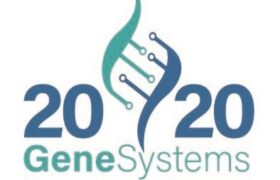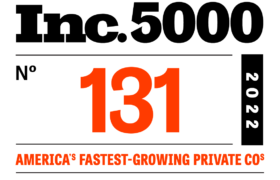Recommendations for Follow Up After OneTest™
Kidney Cancer
Symptoms:
- Blood in the urine (hematuria), which may be visible or microscopic
- Flank pain or back pain on one side
- A mass or lump in the abdomen or side
- Unexplained weight loss
- Fatigue
- Fever
- Anemia (low red blood cell count)
- High blood pressure
Signs:
- Enlarged kidney or mass in the abdomen or side
Risk Factors
- Smoking: Smoking increases the risk of kidney cancer
- Age: The risk of kidney cancer increases with age, with most cases occurring in people aged 50 and older
- Gender: Kidney cancer is more common in men than in women
- Obesity: Being overweight or obese increases the risk.
- High blood pressure: Having high blood pressure increases the risk.
- Family History: Having a first-degree relative (parent, sibling, or child) with kidney cancer increases the risk.
- Certain genetic conditions: Certain inherited genetic conditions, such as von Hippel-Lindau (VHL) disease or hereditary papillary renal cell carcinoma, increase the risk.
- Occupational exposure: Exposure to certain chemicals, such as asbestos, cadmium, or trichloroethylene, increases the risk.
Other Screening Tools:
- Urinalysis: Recommended for individuals with risk factors for kidney cancer or symptoms suggestive of kidney cancer
- Imaging tests (CT scan, MRI): Recommended for individuals with risk factors for kidney cancer or symptoms suggestive of kidney cancer.
- Kidney Biopsy: Recommended if abnormalities are detected during imaging tests or if kidney cancer is suspected.
Next Exam(s) To Do
- Abdominal and kidney ultrasound: If OneTest indicates elevated predictive risk for kidney cancer, an abdominal and kidney ultrasound would be performed for further evaluation. kidney biopsy may be needed for diagnosis. This procedure involves taking a small sample of tissue from the kidney and examining it under a microscope to look for abnormal cells.
Copyright © 2023 | OneTest™ for the Early Detection of Cancers | All Rights Reserved.


